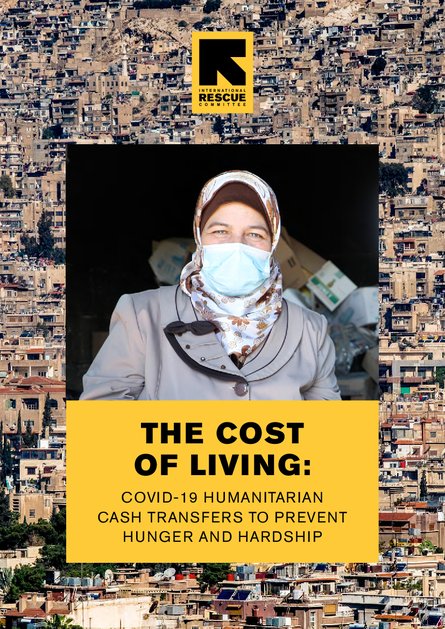
The world is experiencing the worst economic downturn since the Great Depression, and the contractions in economic activity in response to COVID-19 are having a disproportionate impact on hunger in conflict-affected states. According to a new analysis from the International Rescue Committee (IRC), $1.7 billion in additional cash funding is required in 2020 to limit the number of people going hungry in countries affected by fragility, conflict, and displacement. Of this, developing countries hosting the highest refugee populations need an immediate cash boost of $760 million to ensure the most vulnerable can meet their basic needs for the next six months.
The global economic crisis spurred by COVID-19 is expected to lead to the equivalent of 195 million jobs lost worldwide – with women in the informal sector hit hardest. People living in countries impacted by conflict and crisis prior to the pandemic, who only have access to limited health and welfare systems, will struggle with additional hunger and prolonged economic hardship. While the countries they live within will not be able to adequately respond or find the resources needed to protect their vulnerable populations.
This new report, titled “The Cost of Living,” finds that even in a best-case scenario outlook for economic recovery, contractions in Gross Domestic Products will stagnate the already limited progress made towards eliminating hunger. This will place millions of lives at risk and push people already on the brink deeper into hardship, brutally halting their hope of recovery from conflict and crisis.